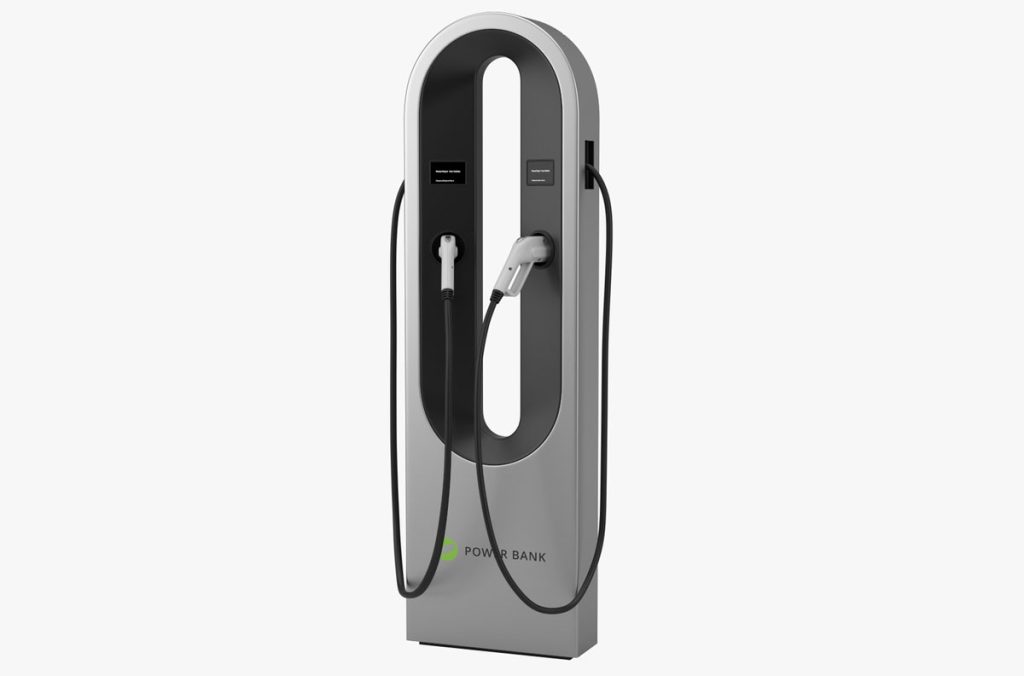
Products
Fast, Reliable, Everywhere

Solutions
Efficient, Innovative EV Charging Solutions.
News
We are committed to the innovation and application of EV charging.

Are you looking to charge your electric vehicle with a portable generator? If so, you've come to the right place. In this blog post, we'll discuss the advantages and disadvantages of charging an EV with a portable generator, what you need to know before doing so, and the safety precautions to keep in mind. Let's dive in.
Electric vehicles (EVs) are becoming increasingly popular as people look for more sustainable transportation options. However, charging your EV can be quite a challenge, especially if you're out of range of an EV charging station. That's where a portable generator comes in. A portable generator can provide the power you need to charge your EV, but is it really a good idea? In this blog post, we'll explore the pros and cons of charging an EV with a portable generator and what you need to know before doing so.
Before we dive into the details of charging an EV with a portable generator, let's quickly define what we're talking about. An electric vehicle, or EV, is a vehicle that is powered by an electric motor instead of a gasoline engine. EVs have batteries that must be recharged periodically in order to keep them running. A generator, on the other hand, is a device that converts mechanical energy into electrical energy. Generators are often used to provide power in remote locations or during power outages.
EVs need to be charged periodically in order to keep them running. While many EVs come with charging cords that can be plugged into a standard wall outlet, this option is not always available. For example, if you're camping in a remote area, there likely won't be any wall outlets nearby. That's where a portable generator comes in. A generator can provide the power you need to charge your EV, but there are some important things you need to keep in mind.
The main difference between EV charging and portable generator charging is the power output. Most wall outlets are designed to provide only a limited amount of power (usually around 110V). This is usually enough to charge slow-charging EVs, but it won't be enough for most fast-charging EVs. On the other hand, a generator can provide much higher power output (up to 240V in some cases). This makes them ideal for fast-charging EVs.
Charging an EV with a portable generator has both advantages and disadvantages. One of the biggest advantages is that it allows you to charge your EV in remote areas without access to wall outlets. It also allows you to charge your EV faster than you could with a wall outlet, as generators can provide much higher power output.
On the other hand, there are some downsides to using a generator to charge your EV. Generators are often noisy and can be quite expensive. They also require regular maintenance and can be dangerous if not used properly.
Before you attempt to charge your EV with a portable generator, there are a few things you need to know. First, you need to make sure that the generator is powerful enough to charge your EV. Different generators have different power outputs, so it's important to do your research and find one that is suitable for your needs.
You should also familiarize yourself with the safety precautions for charging your EV with a generator. This includes things like making sure the generator is in a well-ventilated area, using the correct cords and connectors, and keeping the generator away from any combustible materials.
The type of generator you should use to charge your EV depends on the type of EV you have. For slow-charging EVs, a small generator with a power output of around 1,000 watts should be enough. For fast-charging EVs, you'll need a generator with a power output of at least 3,000 watts. It's also important to make sure the generator has the correct connectors and cords for your EV.
Yes, you can charge an EV with a portable generator. However, it's important to do your research and make sure the generator is powerful enough for your EV and that you take all necessary safety precautions.
When charging an EV with a portable generator, it's important to take a few safety precautions. First, make sure the generator is in a well-ventilated area and away from any combustible materials. Second, make sure the generator is properly grounded and that all cords and connectors are in good condition. Finally, make sure you follow the manufacturer's instructions for proper use and maintenance.
In conclusion, charging an EV with a portable generator is possible, but it's important to do your research and take all necessary safety precautions. Make sure the generator is powerful enough for your EV and that you follow the manufacturer's instructions for proper use and maintenance. With the right precautions and knowledge, you can safely charge your EV with a portable generator.
